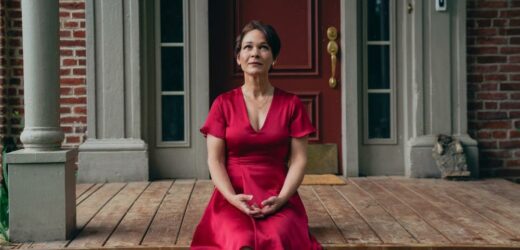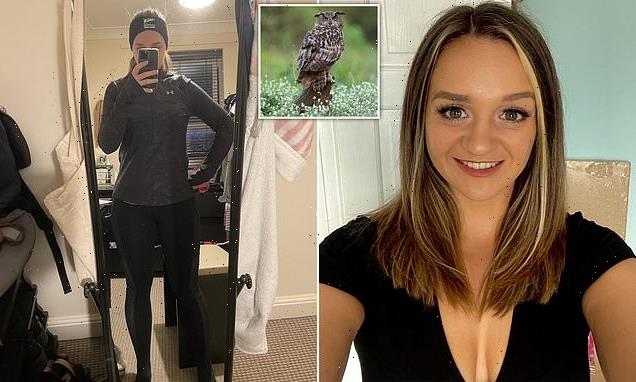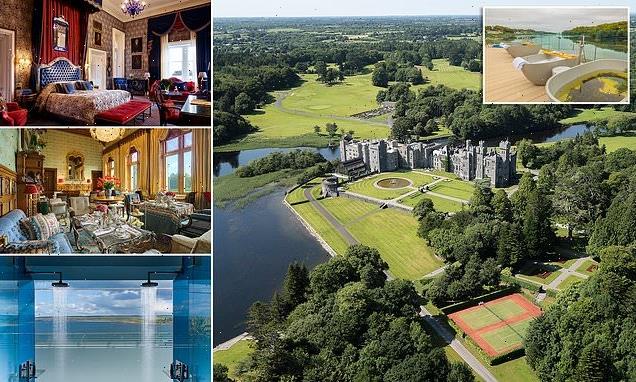Canadian director Philippe Falardeau (“Monsieur Lazhar”) and screenwriter Florence Longpré, who has “Audrey’s Back” at April’s Canneseries, have teamed up on new series “Last Summers of the Raspberries” which pulled off the rare feat of screening at Berlinale Series, before being selected for Series Mania, where it will compete in the International Panorama.
The heartfelt drama follows Élizabeth, played by Sandrine Bisson (“Le bonheur”), who stands to inherit and run her husband’s ranch when he suddenly dies. Learning to overcome the pain of her loss, Élizabeth will have to find her late husband in the hearts of those he touched.
“Last Summers of the Raspberries” is set in rural Quebec and uses the unique language demographics of the region to bring humor and playfulness to the series’ inciting tragedy. Falardeau, whose film “It’s Not Me, I Swear!” landed him a Crystal Bear in 2009, is no stranger to framing tension around the family unit and uses cinematic flourish to bring Longpré’s comedic timing to life.

Variety spoke with Falardeau ahead of Series Mania.
The series has comedy and tragedy tightly interwoven, right from the start. How did you find balance between these two extremes?
I think it’s embedded in the writing. This is very much Florence Longpré’s style. What’s interesting is that the drama and humor occur simultaneously. It’s not a situation where you have dramatic moments and then you have comic relief. It’s acknowledging how life works. It can be very dramatic and very funny at the same time. It depends how you look at it and what your distance is. I think Florence understands that intuitively, and for me, the way to achieve that was to create a tone with the actors, with the editing and with the music which creates a convention for the audience, asking them very, very early in the series: Are you in or are you out? And I understand that someone might not like that, but if you like it I think you’re in for a ride.
“Last Summers of the Raspberries” begins with the death of Élizabeth’s husband, John. How did you choose to frame this tragedy cinematography?
Yeah, we spoke at length, the D.P. and I, on how to frame this, not only the opening sequence, but the rest of the series. I wanted us to frame it in a way that would emphasize the numerous ruptures in tone. I start with a super, mega wide shot of someone in a field on the horse. I’ve never done a wider shot than that, even for cinema! And that was meant for television. And then I cut to one of the tightest close-ups I’ve ever done in my life, on the horse and playing with the codes in television about not using so many wide shots, as this is the language of cinema.
The camera was there to install a grammar where gears are constantly shifted from first gear to fifth gear to third gear. And to put the spectator in an uncomfortable place that’s playful at the same time. It allows the series also, at one point, a moment of poetry or calmness in which nothing much has happened, but you’re just happy to be with these people. I always tried not to do the most beautiful shot, but the most pertinent shot for a scene, trying to ask myself also: Who am I looking at and why should I be looking at them in a particular way?
Language flows between English and French often, and many of the ranchers speak Spanish. How did language affect the story you wanted to tell?
It’s part of the whole project. It’s part of our reality and this is something we wanted to do. We gave the parts to real Anglophones from Montreal who are obviously bilingual. And then we have this kid who’s completely deaf, and he’s deaf in real life. And it was his first experience as an actor. And then we have Latin Americans, which creates this sort of Tower of Babel, where everybody speaks but no one listens. What I wanted to develop in the series, and it’s my take on the scenarios in the script, is that it’s the slow disintegration of invisible walls between people who have been living with each other or around each other for years, but never really engaged. And part of that barrier is language.
The music of “Last Summers of the Raspberries” often takes center stage. What informed the music choices in the series?
The songs, sometimes they start as source; you will hear them on the radio and then they go full fledged surround and they become the score and they become part of the story, the emotional drive. And some of the songs are part of the writing. Some of the songs I choose during the editing, and there are more and more as the series progress. In addition to that, there is my music composer whom I’ve been working with since “Monsieur Lazhar,” Martin Léon, and we worked together before the shooting. He always comes up with a theme after our discussions, before we shoot, so I have it in my head. I have the rhythm of that, I have the color of that in my head, and it helps sometimes because I will play it live to the actors. So instead of giving them a specific direction with words, I will have them listen to a song. I use it as an extra directing tool.

Source: Read Full Article


